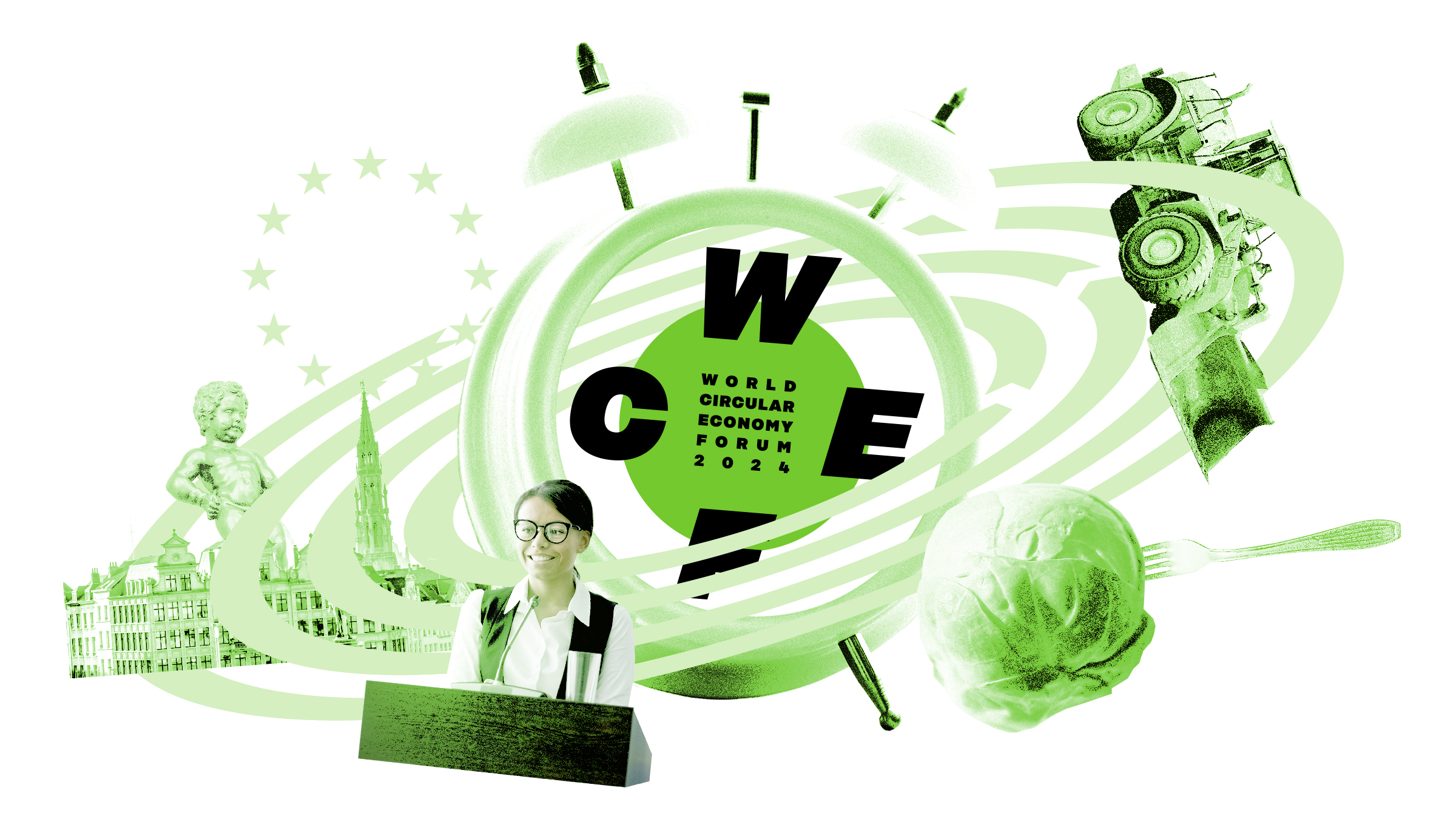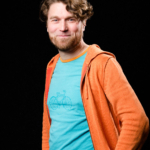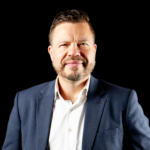Overconsumption in high-income economies will be widely discussed in the next World Circular Economy Forum 2024 (WCEF2024). Development of well-being has thus far been strongly based on the ever-growing use of virgin natural resources. A strong focus on circularity is now needed, as the foundations of well-being are eroding.
“The transition to a circular economy is not fast enough. We need to implement policies that genuinely extend the lifecycles of products and adopt business models that increase utilisation rates and recover critical raw materials. Alongside resource efficiency, this is vital for our economies and for civic peace. According to the report by the UN’s International Resource Panel, in a resource efficient world, global GDP in 2060 could be three percent higher than predicted,” states Atte Jääskeläinen, President of the Finnish Innovation Fund Sitra, the initiator of the WCEF.
The WCEF2024 accelerates the circular transition in economies around the world. In addition to the transition from fossil fuels to renewables, the promotion of resource efficiency and the circular economy as means of influencing material use should be high on the agenda. However, some efficiency challenges may be very far away in the future, such as recycling scarce minerals.
Therefore, reducing the demand in economies with high consumption levels is eagerly needed, according to the recently published Global Resources Outlook 2024 by the UN’s International Resource Panel. High-income countries consume six times more than low-income counterparts and generate ten times more climate impacts. Upper-middle income economies have overall doubled their resource use over the past fifty years.
Countries need to rethink their obsolete systems and reduce their wasteful use of resources, which will enable growth where it is most needed, including in low-income countries. This will help us create sustainable growth and new jobs – while meeting the climate goals of the Paris Agreement and combatting the loss of nature.
Janez Potočnik, co-chair of the UN’s International Resource Panel (IRP), notes that ”the best way to significantly reduce demand for virgin critical raw materials is by mitigating demand in most resource-intensive human needs systems, in particular mobility and housing.”
According to the Circularity Gap Report 2024, the world is only 7.2% circular – there is plenty of room for circular action.
“Since high-income countries already have most of their infrastructure in place, working with what they already have will be key. This means maintaining, adapting and repairing what’s already there, rather than ‘building yet another one’,” says Ivonne Bojoh, CEO of Circle Economy Foundation, an Amsterdam-based impact organisation behind the report.
Critical materials will be discussed in several sessions at the forum. Some examples: one session will delve into managing the demand for transition materials in a sustainable way and call for responsible mining. Another session will explore how to build strategic partnerships between the Global North and the Global South. Yet another session looks at unlocking circular supply chains and business models in China.
100 collaborative sessions that will boost economies
The WCEF, an initiative of Finland and Sitra, is a truly global platform accelerating the circular economy. WCEF2024 is produced with tens of circular economy alliances and organisations around the world. Altogether the full programme of the event contains 4 plenaries and 16 parallel sessions guided by the latest scientific evidence, spiced up with 11 workshops and 55 accelerator sessions, as well as more than 20 side events in the weeks surrounding the forum. The organisers are expecting around 10,000 participants from all over the world participating in-person and online together.
On the third day of WCEF2024, the Belgian EU presidency is inviting participants to a whole day of interesting insights and examples of experiments evolving into mainstream circular practices. This accelerator programme is part of the European Circular Economy Stakeholder Conference, which brings a European track to the forum.
World’s top thinkers and doers meet in Brussels
How the systemic change in economies will be put into practice will be discussed at WCEF2024 by global experts, including:
- Pascal Bourguet, Vice President, Lenovo
- Veerle Slenders, Executive Vice President Recycling, Umicore
- Jutta Urpilainen, Commissioner for International Partnerships, the European Commission
- Florika Fink-Hooijer, Director-General of the Environment Department, the European Commission
- Hans Bruyninckx, Professor of Environmental Governance, the University of Antwerpen
- Jack Kimani, CEO, Climate Action Platform – Africa
- Ambroise Fayolle, Vice President, the European Investment Bank
- Andrea Liverani, Lead Specialist, the World Bank
- Vidyadhar Rane, General Secretary, Alang Sosiya Ship Recycling & General Workers’ Association.
Online press briefing on 8 April and media accreditation
Want to learn more? Representatives of the WCEF2024 team will share their thoughts and answer questions in an online press briefing on 8 April at 14:00 (CEST, UTC+2). The briefing is limited to accredited representatives of the media and will take place on Microsoft Teams.
The speakers at the press briefing include:
- Kari Herlevi, Head of Global Collaboration Unit for Sustainability Solutions, The Finnish Innovation Fund Sitra
- Janez Potočnik, Co-chair, UN’s International Resource Panel (IRP)
- Hilde van Duijn, Managing Director, Circle Economy Foundation
If you want to attend the briefing, please register by 7 April 24:00 (CEST, UTC+2) here. Registered journalists will be provided with the link to join the Microsoft Teams meeting.
Accreditation of WCEF2024 for media participants is open. Participation is possible in-person or online. The registration link can be found at www.wcef2024.com/media.
Media kit and logos
Check our media kit on WCEF2024’s media page for more background information on the circular economy and the World Circular Economy Forum. You’ll also find recommended background material with story ideas as well as contact information of experts for your interviews.The WCEF2024 logo is available at Sitra’s material bank. The full programme can be found on WCEF2024 website.
Media contacts
Samuli Laita, Media liaison of the WCEF, The Finnish Innovation Fund Sitra, samuli.laita@sitra.fi, tel. +358 40 536 8650
Amy Kummetha, Communications Manager, Circle Economy Foundation, amy@circle-economy.com


